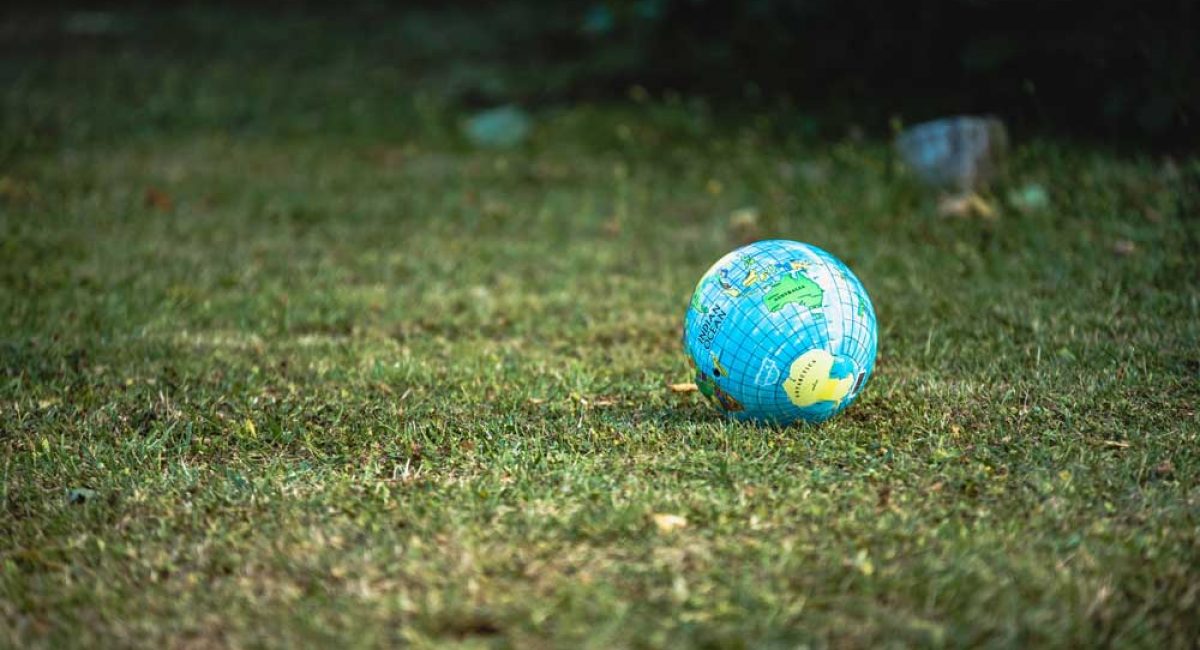
By Sara
In honor of Earth Day, I wanted to write a post about the ecological impacts of eating a strictly plant-based diet. Also, what can we do as vegans to lessen our footprint, aka save the planet?
Why should you consider a plant-based diet?
Many people understand that plant-based diets have less negative impact on our environment than do diets with animal products. If you are newly learning this, as I once did, it can be shocking!
I thought by driving a hybrid vehicle and recycling, trying to conserve resources, and picking up any litter I came across that I was doing as much as I could for our environment. Well, I was wrong.
Turns out there was so much more I could be doing. The one thing that would make the largest overall impact would be to cease consumption of animal products.
I said goodbye to the eggs and cheese I loved, as well as the meat I tolerated. I had never considered that my consumption patterns were having a negative impact on our planetary health.
Looking at the climate change effects of agriculture, deforestation and other land use- all together, those activities generate roughly a third of greenhouse gas emissions (Dopelt et al.).
Believe it or not, I thought the transportation industry was the top contender! This makes reducing animal products on your plate SO important!
Eating meat, dairy products, and eggs requires land to be utilized not only to house the animals. Then these also need land to grow food for the animals.
The concerns of water pollution from animal waste as well as from the chemicals used to produce the feed for the animals are real. And don’t forget the loss of biodiversity as species die off as a result of deforestation and trawling and other agricultural practices.
Luckily, the number of people who are taking the path less trodden and are keeping animal products off their plates is growing. The vegan food market has exploded in the past few years.
However, we know that eating less processed foods is the healthiest for us, so a whole-food, plant-based diet is my preference (there are just so many ways to be an unhealthy vegan). I am a nurse, after all!
“I thought by driving a hybrid vehicle and recycling, trying to conserve resources, and picking up any litter I came across that I was doing as much as I could for our environment. Well, I was wrong.”
Knowing all of this, what is a person to do? The single change that can have the largest positive impact on our environment is eating a plant-based diet.
For our own health, the best is a whole food, plant-based diet. Overall it requires less land and water to produce plant foods than animal products.
So how can we make a difference?
- Try a plant-based diet and see how you feel.
- Advocate for lawmakers to stop subsidies for animal products. Why not instead, use subsidies to help farmers to pivot to plant production? This will drive our overall food costs down in the long-term, and would help to encourage plant food consumption due to the cheaper prices. Not to mention it will reduce risks for our top chronic health conditions.
- Use as little plastic as you can and eliminate single-use products from your household. Buy what you can in bulk, using your own storage containers for these items or by taking washable bags for produce and grains/lentils to prevent using the plastic produce bags.
- Stop using toxic chemicals for cleaning, and use vinegar and baking soda, hydrogen peroxide, some essential oils and a steamer instead.
- Focus on living more simply by appreciating what you have.

In these ways, on this Earth Day we can begin the work of making a more sustainable planet for all of us, living in a way so that we leave the world better than we found it. Isn’t this what we’ve been taught all of our lives anyway? Vegans really are saving the world!
Would you like to start transitioning meat off your plate? Curious about whole food plant-based substitutions (rather than the processed foods frequently seen in stores)? If so, check out our free resource below, for some recommendations on what can be used in place of different meats.
Source: Dopelt, Keren, et al. “Environmental Effects of the Livestock Industry: The Relationship between Knowledge, Attitudes, and Behavior among Students in Israel.” Int J Environ Res Public Health, 2019. NCBI, www.ncbi.nlm.nih.gov/pmc/articles/PMC6518108.

